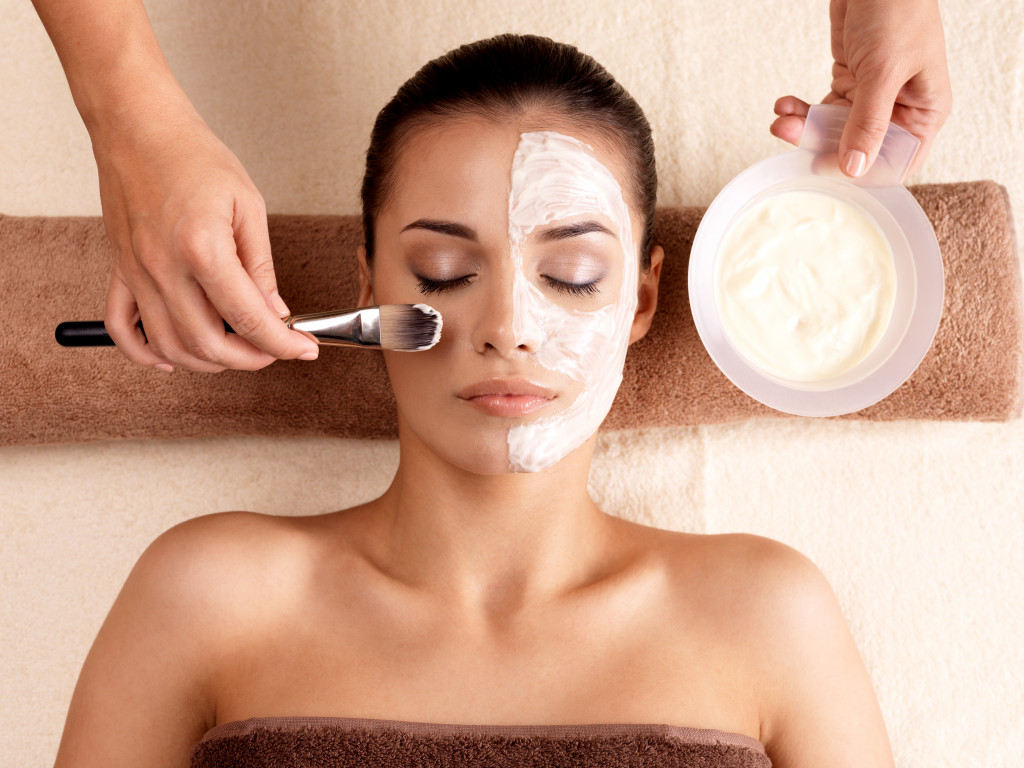Beauty might not be just skin-deep, but many people today will go to great lengths to preserve their skin.
With advances in medicine and technology, specialized procedures like laser treatment can be performed to cure not only certain conditions but also restore your youthful appearance.
Supermarkets are lined with shelves of products, ranging from mundane soaps, creams, and exfoliants, to the somewhat spurious or exotic, such as snail mucus and fermented grains.
The average person can appreciate that a certain level of skincare is necessary. But at times, the obsession with skin can border on the cult-like.
It leaves the uninitiated to wonder: are these practices really helpful? Are we missing out on something?
Function and form
You may have heard that the skin is made up of dead cells, and that’s partly true. The outermost layer, or epidermis, is continually shedding and renewing itself.
Nothing goes to waste in nature, and our bodies have certainly evolved this function for a specific purpose. Thin and mostly dead as it might be, the epidermis provides vital protection for the rest of your body.
Our skin indeed gets cuts, bruises, and allergies quite easily. But imagine how much worse it would be if the vulnerable internal organs didn’t have this barrier.
The skin prevents bacteria from easily causing infections. It helps to block out excessive UV radiation from the sun, which can be harmful. And it thickens in certain areas to form a more effective mechanical covering.
Yet our appreciation for the skin as more than just a functional barrier also extends far back in history.
The first recorded use of cosmetic products was in ancient Egypt. Faced with hot and dry conditions, people used ointments and creams to moisturize and scent their bodies. Later, they would apply mineral-based makeup to add color and definition to their faces.
Other ancient peoples, such as the Greeks and Chinese, were also known to paint their faces and nails. Such cosmetic enhancements went well beyond mere function, demonstrating that humans have a universal skincare association with aesthetic value.
Adding backup

However, just because a practice is traditional doesn’t mean that we need to continue it.
We live in more enlightened times. Science allows us to critically appraise ancient knowledge. We can distill what’s valuable and discard that which has no basis in reality.
We also train ourselves to develop enlightened attitudes and look beyond the superficial. Our appreciation of beauty has grown deeper and more diverse.
When you’re supposed to accept someone, wrinkles, warts, and all, why spend so much time and effort on cosmetics and skincare rituals?
On one level, the answer is tied to virtue. Caring for your body is virtuous, and that includes the skin.
It’s the same in principle as keeping yourself well-groomed, clean, and thoughtfully dressed. It makes you a pleasure for others to interact with.
But there’s also a practical reason to bolster your skin with extra layers of care and protection: your skin needs more backup these days.
For instance, studies have shown that melanin, which contributes to skin pigmentation, helps prevent UV damage. Thus, people living near the equator evolved to have darker skin.
But our bodies need UV radiation to synthesize vitamin D and folic acid. That’s why living in northern and southern latitudes historically favored lighter skin.
These days, though, people travel and migrate more freely. Dark-skinned people in areas with less intense sunlight may have vitamin D deficiency, while fair-skinned people in the equator risk sunburn and skin cancer.
Swiss cheese
We have greater exposure to conditions that our bodies didn’t necessarily evolve to withstand. The spectrum of pigmentation’s pros and cons is just one example of this problem.
The Swiss cheese model of prevention has been much-cited lately to mitigate the risks of Covid-19. However, it predates the pandemic as a safety metaphor in general.
Using this model, you can understand that there’s no perfect form of protection. Every slice has holes. What matters is that stacking more slices lessens the chance that all the holes line up and allow a threat to penetrate fully.
Caring for your skin isn’t mere vanity, although that may be a motivation for some. Applying sunscreen, oils, and creams is a vital way to supplement the basic protection skin provides. Procedures can be pre-emptive by removing threatening lesions.
Our bodies evolved skin as a defense, but evolution can’t keep pace with the speed of change in our lifestyles and environmental conditions. Regardless of aesthetic value, protecting and caring for your skin is necessary in modern times.
